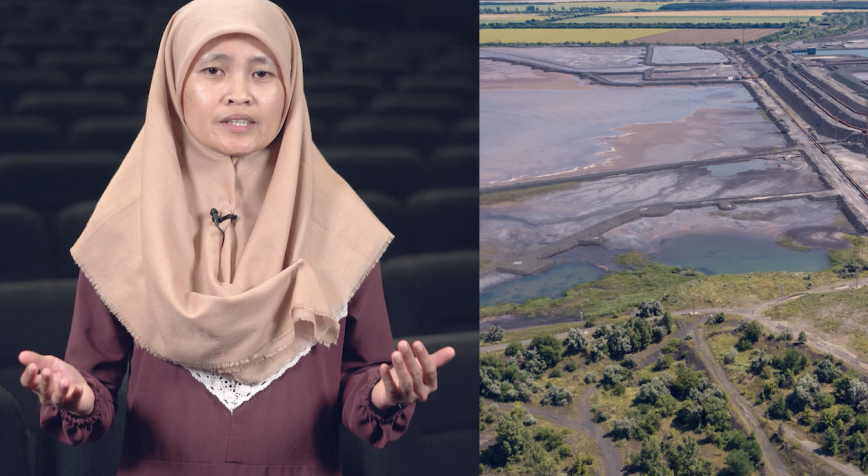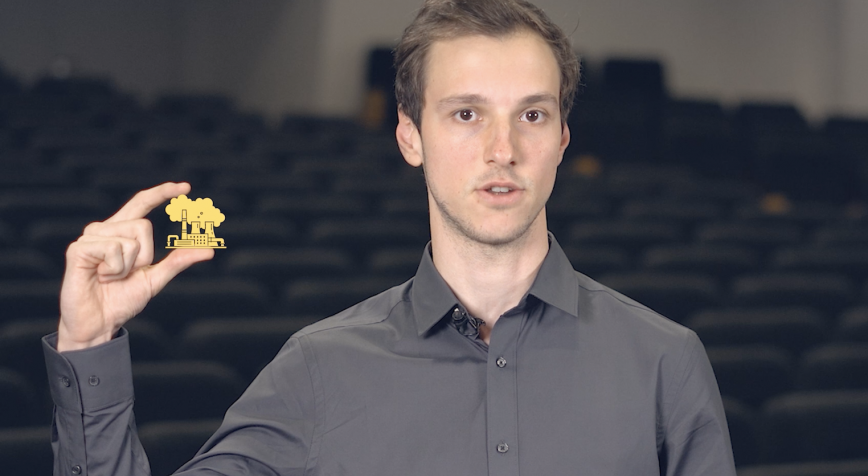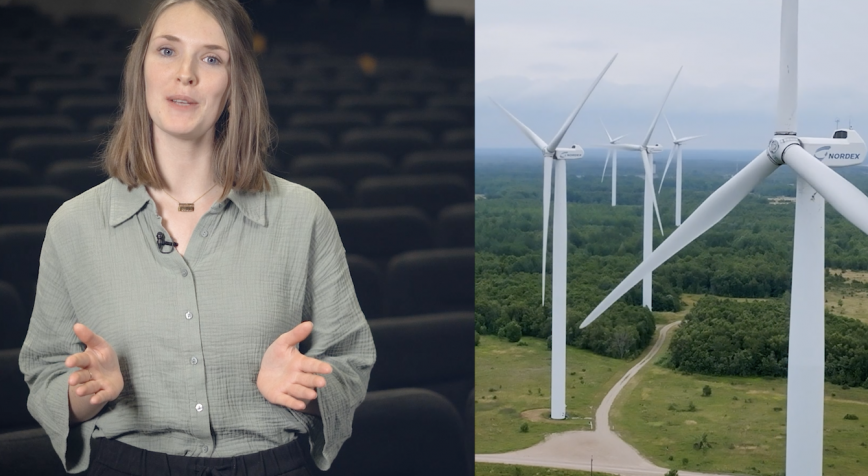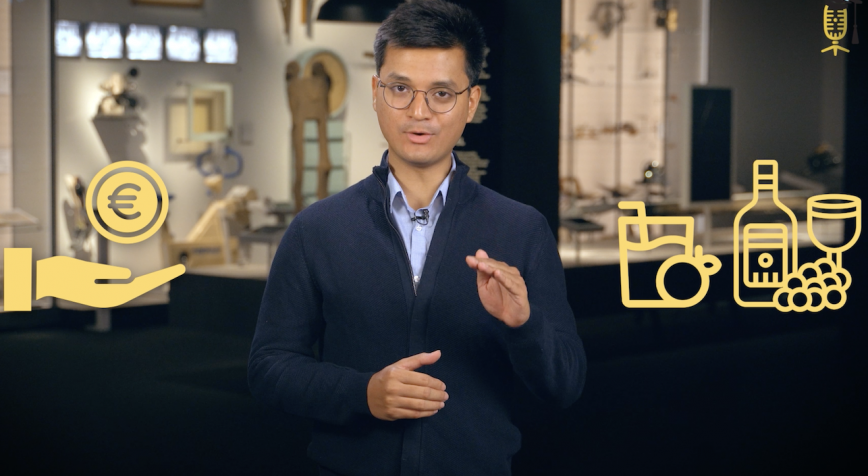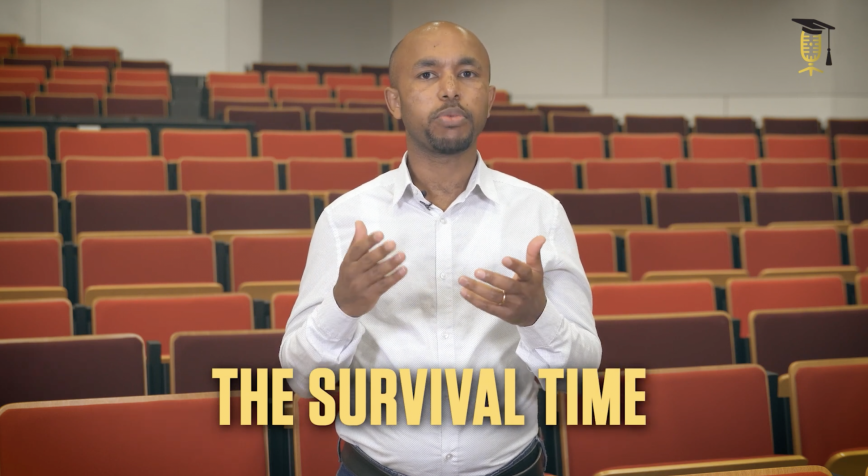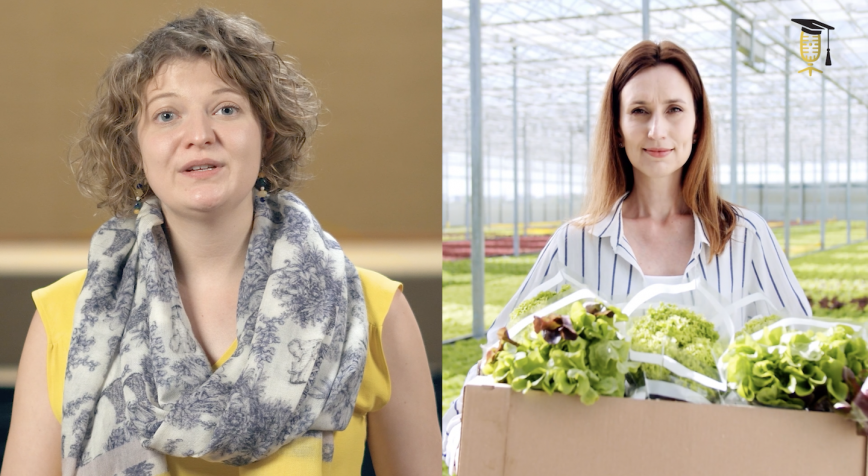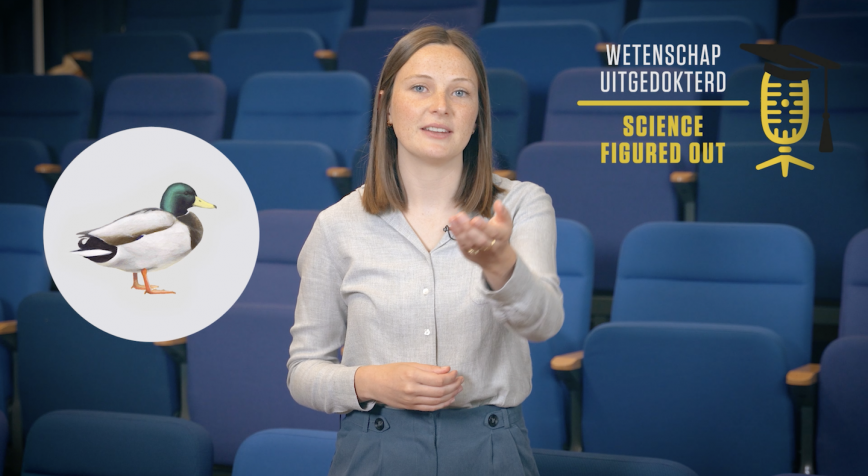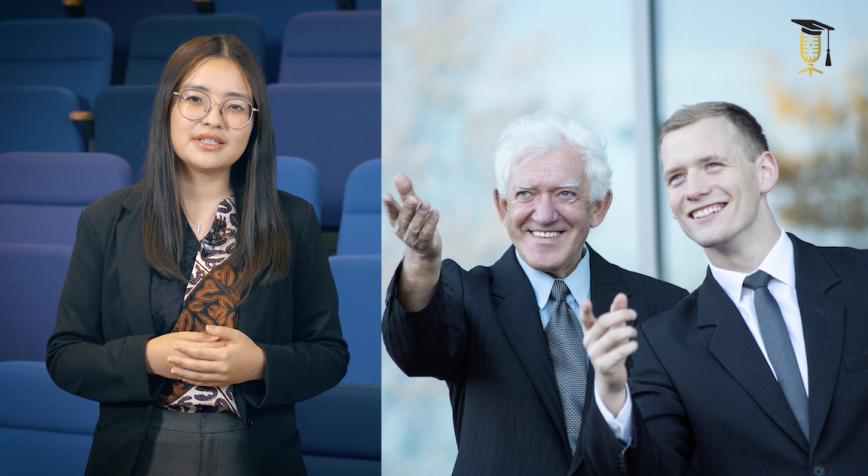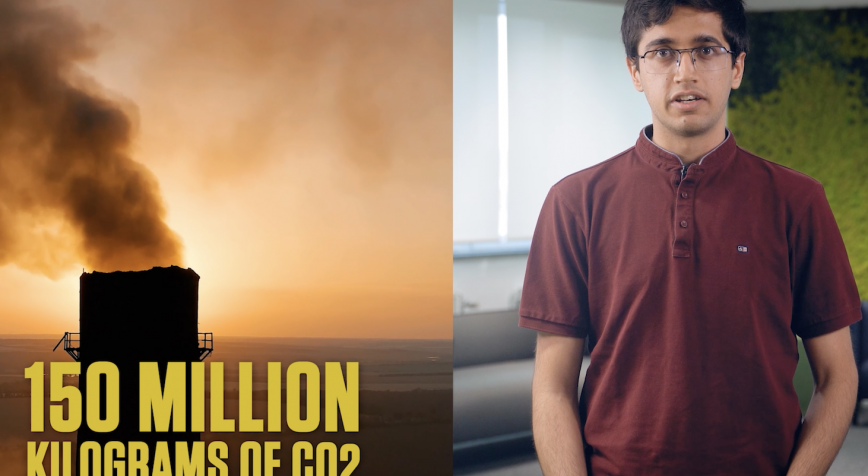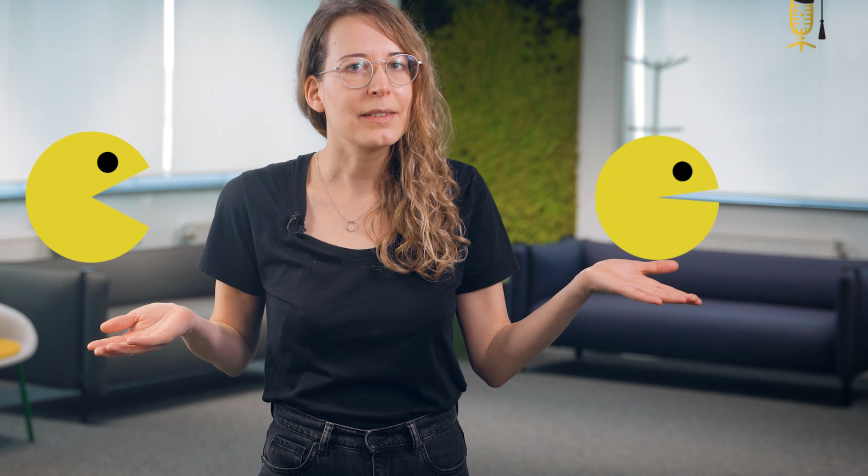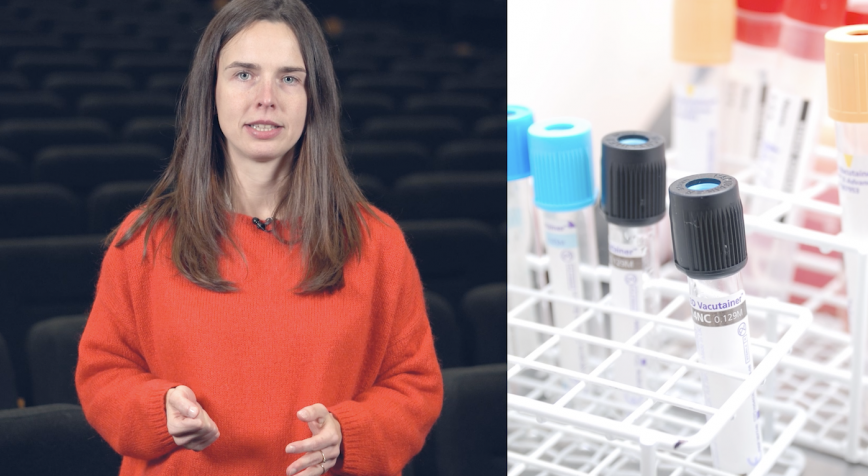
VITO
Chemicals in the body mapped
To measure is to know. That is the credo of Michelle Laeremans (VITO). Together with a team of researchers, she monitors the health of 300 children in Mol, Dessel, and Retie (Belgium). They do this from pregnancy until the child reaches the age of 18. In this way, they map exposure to chemicals.
